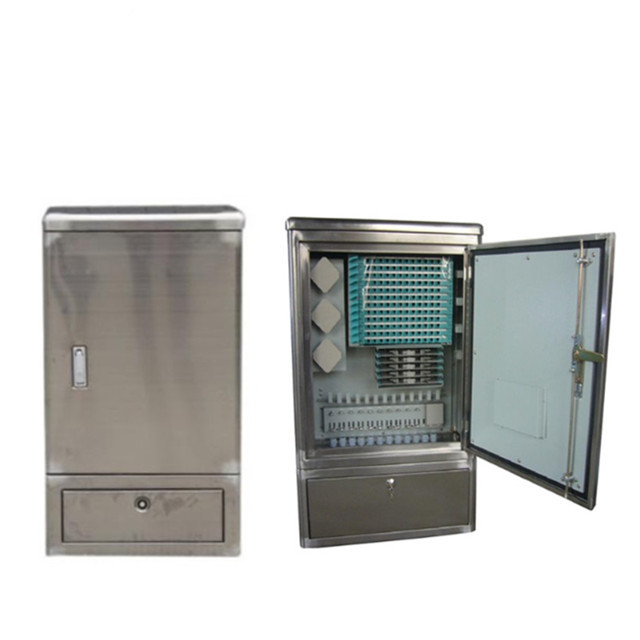- Sales SupportContact Sales
- Call us at: +(86) 15211074652
- Send us a email at: info@zr-fibercable.com
Fiber wiring often see fault solution
Fiber optic cables have become an essential component of modern communication networks. They offer high bandwidth, low latency, and minimal signal loss over long distances, making them the preferred choice for transmitting large amounts of data quickly and efficiently. However, like any technology, fiber optic cables are not immune to faults and failures. In this article, we will explore some of the most common fiber wiring faults and their solutions.
Connector Issues
One of the most common fiber wiring faults is connector issues. Connectors are used to join fiber optic cables together, and they must be properly aligned to ensure minimal signal loss. Connector issues can occur when connectors become dirty, damaged, or improperly aligned.
Solution: To prevent connector issues, it is important to keep connectors clean and free from dust and debris. Connectors can be cleaned using alcohol wipes or specialized cleaning tools. If a connector becomes damaged, it may need to be replaced. Proper alignment of connectors can be ensured by using precision equipment, such as an optical power meter or visual fault locator.
Fiber Breaks
Another common fiber wiring fault is fiber breaks. Fiber breaks can occur due to a variety of reasons, including improper installation, environmental factors, or physical damage.
Solution: If a fiber break is detected, the first step is to locate the break using an optical time domain reflectometer (OTDR). Once the break is located, the damaged section of the fiber optic cable must be removed and replaced with a new section. Proper installation and protection of fiber optic cables can help prevent fiber breaks from occurring.

Signal Loss
Signal loss is another common fiber wiring fault. Signal loss occurs when the strength of the signal decreases as it travels through the fiber optic cable. Signal loss can occur due to a variety of factors, including attenuation, dispersion, and reflection.
Solution: To prevent signal loss, it is important to use high-quality fiber optic cables that are designed for the specific application. Proper installation and maintenance of fiber optic cables can also help prevent signal loss. If signal loss is detected, it may be necessary to use a signal amplifier or repeater to boost the signal strength.
Bent or Crimped Cables
Bent or crimped fiber optic cables can also cause signal loss or even breakage. This can occur during installation or due to environmental factors such as temperature changes or excessive pressure.
Solution: To prevent bent or crimped cables, it is important to handle fiber optic cables carefully during installation and use cable protection systems to minimize the risk of damage. If a cable becomes bent or crimped, it may need to be replaced to prevent signal loss or breakage.
Fiber Misalignment
Fiber misalignment occurs when the fibers in the connector are not properly aligned, resulting in signal loss or poor transmission quality.
Solution: To prevent fiber misalignment, it is important to use precision equipment during installation and maintenance, such as an optical power meter or visual fault locator. If fiber misalignment is detected, it may be necessary to re-align the fibers or replace the connector.
Temperature-Related Issues
Fiber optic cables are sensitive to temperature changes, and excessive heat or cold can cause signal loss or even breakage.
Solution: To prevent temperature-related issues, it is important to store and install fiber optic cables in a temperature-controlled environment. Cable protection systems, such as conduit or protective sleeves, can also help protect fiber optic cables from temperature changes.
Conclusion
Fiber optic cables are an essential component of modern communication networks, but they are not immune to faults and failures. Understanding the common fiber wiring faults and their solutions is essential for maintaining a reliable and efficient network. Proper installation, maintenance, and protection of fiber optic cables can help prevent these faults from occurring and ensure minimal signal loss and maximum transmission quality.
You might be interested in
We use cookies to ensure that we give you the best experience on our website. By clicking on "Accept" or continuing to use this site, you agree to our use of cookies in accordance with our Cookie Policy .You can refuse the use of cookies here.
Accept

